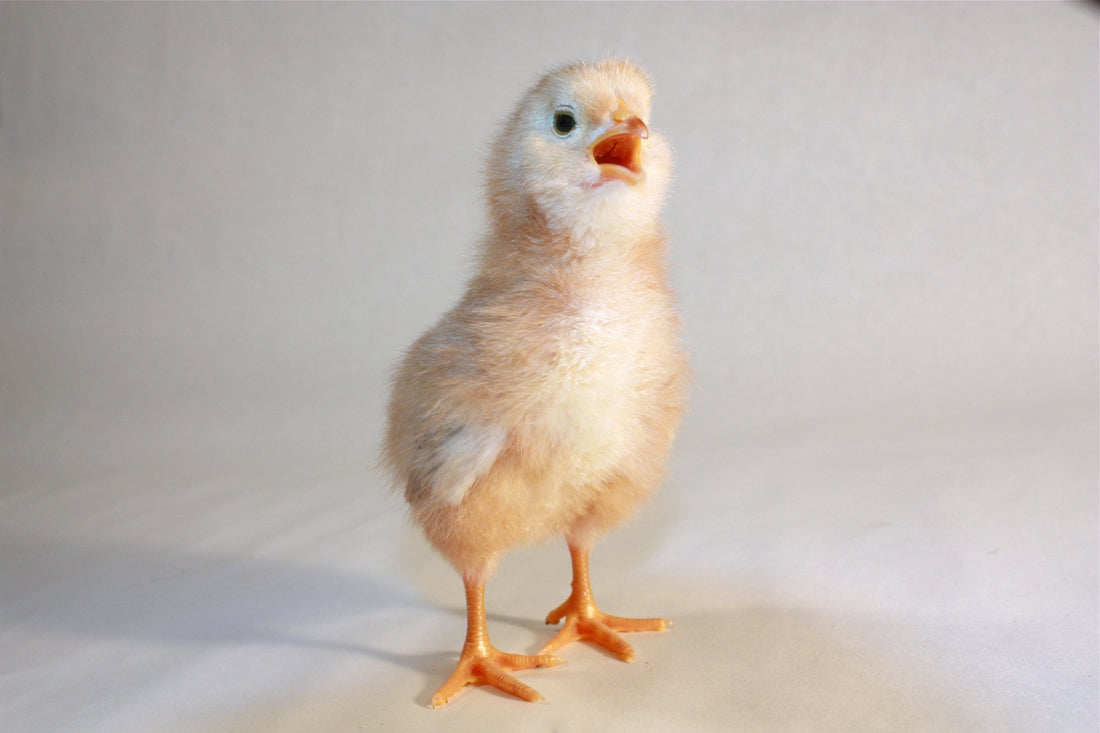Ever heard a chicken cluck a tune that sounds suspiciously like your ringtone, or emit a noise that has you turning around, expecting to see someone else? Well, it turns out, our feathered friends in the coop might just be the farmyard’s answer to the parrot. Yes, chickens and their ability to mimic sounds is a fascinating – and often hilarious – aspect of their behavior. So, let’s dive into the world of chicken mimicry, where the clucks may not always be just clucks!
The Lowdown on Chicken Sounds: More Than Just Clucking
The Vocal Virtuosos
A Symphony of Sounds: Chickens are known for their repertoire of vocalizations, used to communicate everything from contentment (soft clucking) to alarm (loud squawking). But within these daily sounds lies a hidden talent for mimicry.
Mimicry or Coincidence? While not as renowned as parrots for their mimicry skills, chickens can, to some extent, imitate sounds they hear frequently. This might not include belting out the latest pop hits, but simpler sounds are definitely on their playlist.
How Chickens Tune Into Their Environment
Chickens, often underestimated, are keenly attuned to their surroundings, showcasing a remarkable ability to listen, learn, and even mimic. Beyond their daily routines of pecking and scratching, these feathered friends are constantly processing a symphony of sounds, from the subtlest rustle of leaves to the distinct call of their human caretakers. Let’s explore the intricacies of how chickens tune into their environment and what this means for their behavior and interactions.
The Art of Listening
Selective Hearing: Chickens have an acute sense of hearing, which allows them to discern a wide range of sounds. This selective hearing helps them filter out background noise and focus on sounds that are relevant to their safety and well-being.
Sound as a Survival Tool: For chickens, listening is a survival skill. They use sound to identify threats, locate food, and communicate with the flock. The rooster’s crow, for example, isn’t just a wake-up call; it’s a declaration of territory and a warning to potential predators.
Learning from the Soundscape
Environmental Cues: Chickens learn from the soundscape around them, associating specific sounds with certain events. The sound of the feed bucket, for instance, signals mealtime, while human voices might indicate the presence of their caretakers.
Vocal Learning: Chickens not only respond to sounds but can also engage in vocal learning, modifying their calls based on their interactions and experiences. This ability to adapt their vocalizations is a testament to their keen listening and learning capabilities.
The Social Network: Communication in the Flock
A Language of Their Own: Chickens communicate with a complex language of sounds, from contented clucks to alarmed squawks. Each sound has a specific meaning, helping to maintain social order within the flock and coordinate responses to threats or opportunities.
Echoes of Empathy: Chickens often respond in kind to the vocalizations of their flock mates, a behavior that suggests a form of empathy or at least a shared response to environmental stimuli. When one chicken sounds the alarm, others quickly tune in and react, showcasing the interconnectedness of the flock through sound.
Mimicry: More Than Just Parroting
Imitative Pecks: The mimicry observed in chickens, while not as advanced as in some bird species, is a fascinating display of their engagement with their environment. Mimicking specific sounds, like a door closing or a particular call from their human, is a sign of their attentive listening and cognitive processing.
A Reflection of Routine: Often, the sounds chickens choose to mimic are those that are repetitive and significant in their daily lives. This mimetic behavior underscores how deeply ingrained these sounds are in their perception of the world around them.
The Science Behind the Clucks: Understanding Mimicry in Chickens
A Peck at the Brain
Cognitive Cluckers: Chickens possess a surprising level of cognitive ability. Research suggests they can recognize over 100 individual faces (both chicken and human) and even exhibit self-control. It's this brainpower that likely underpins their ability to mimic sounds.
Social Learning: Chickens learn from each other through observation and imitation. While most of this learning is about behaviors, it’s not a stretch to think it extends to vocalizations, too.
Real-life Impersonators: Stories of Mimicking Chickens
The Case of the Doorbell Chicken
Ding-Dong: There’s the tale of a chicken that started to emit a sound remarkably similar to the farm’s doorbell. Visitors were often confused, checking the door, only to find no one there – just a cheeky hen looking pleased with herself.
The Engine-Revving Rooster
Vroom-Vroom: Then there’s the story of a rooster living near a motorcycle enthusiast. Over time, this feathered fellow developed a crow that sounded eerily like an engine revving up. A case of life imitating art, or should we say, poultry imitating machinery?
Encouraging Mimicry: Can You Train Your Chicken?
The Sound of Music (or Anything Else)
Intentional Imitations: While training a chicken to mimic specific sounds might not be as straightforward as with a parrot, repeated exposure to certain sounds could encourage mimicry. Just don’t expect them to start warbling Shakespearean sonnets!
Reward the Effort: Positive reinforcement can work wonders. If your chicken makes a sound that’s a close mimic, a little treat can go a long way in encouraging more vocal experiments.
While chickens might not be the next viral singing sensation, their ability to mimic sounds adds another layer of charm to these already fascinating creatures. Whether it’s the accidental doorbell impersonation or a knack for mimicking farmyard sounds, chickens continue to surprise and delight us with their hidden talents. So next time you hear a peculiar sound from the coop, take a moment to listen – you might just be witnessing the debut performance of the world’s next great chicken impersonator! 🐔🎶🚪🔔

